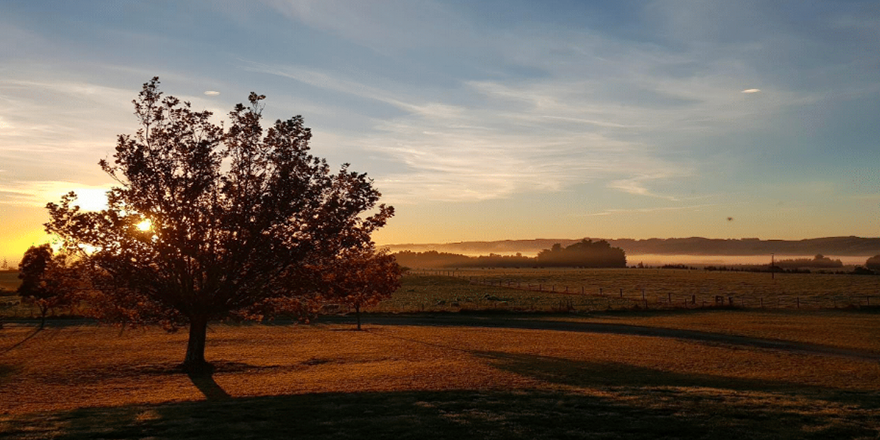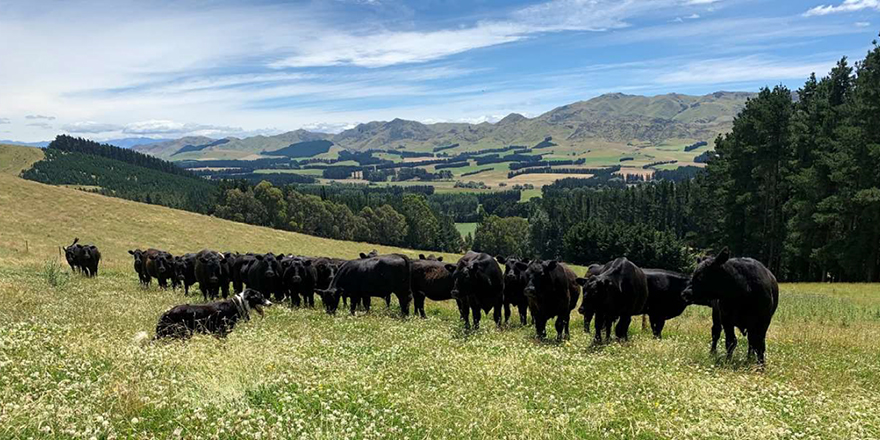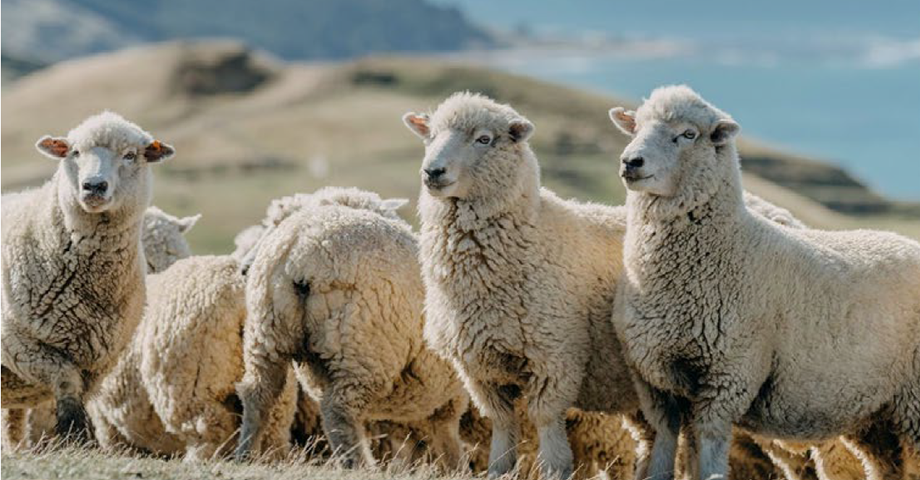
Executive Summary
“Groundhog Day (noun): A situation in which events are or appear to be continually repeated” (Collins dictionary)
I grew up with a dog whistle around my neck, a handpiece in my hand and a knife and pouch around my waist. Farming was always going to be my journey. Yet after seventeen years of management and more recently ownership, I feel my passion for the day to day work dwindling…. I’m bored.
The daily chores on my 1000ha sheep and beef property at Porangahau in Hawke’s Bay are no longer the challenge they once were, development on Senlac Station was predominantly done over 10 years ago, with fencing, water systems, metalling and an aggressive regrassing programme keeping my passion burning at the time. And while there is still plenty to do, I feel like the project that is Senlac Station is complete. But high debt levels, and an emotional attachment (that is only experienced once you have poured your heart and soul into a business) toward my property hinder the decision-making process and before long I find myself stuck in a rut, constantly looking over the fence for the stimulation I crave.
Initial research suggested I was not alone. I have many friends and acquaintances that themselves have made changes to their farm business just to combat the boredom in their daily lives. Some bought diggers and went contracting, some invested heavily into sheep and cattle studs, while others leased out the farm and joined the corporate world in search for more stimulation.
This report endeavours to:
- Ascertain whether Groundhog Day is an issue for farm owners
- If so, why is it an issue
- What tools can be employed to deal with it and prepare for it.
Unfortunately, although the agriculture industry has overlooked boredom in farming as an issue, the corporate world sees boredom in entrepreneurs as a contributor to low productivity and stress leading to depression, yet the question is rarely asked in any farming sector. As a young person about to enter farm ownership, it would be beneficial to know that keeping the passion for farming alive is not as easy as it may seem and to have some tools in place to tackle the issue if and when it arises may make any transition much easier.
As not much has been written about boredom in farm ownership, I had to look at the corporate world for my literature review. Here articles regarding boredom in entrepreneurship could be directly related back to the farming sector. I also conducted a survey on social media which had 86 respondents and gave me the basis of my research. Meeting with leaders in the field of rural mental health highlighted the importance of exposing an issue not yet considered relevant.
Most wellbeing experts believe in the five ways to wellbeing.
These are:
- Connect with family, friends, neighbours.
- Give to charities, donate your time.
- Take notice of the little things.
- Keep learning and developing.
- Be active at work or in sport.
My survey also sought to find out how much time farmers set aside for these five behaviours and whether there were any correlations between these and those farmers that are struggling with the effect of Groundhog Day.
Out of the 86 people surveyed:
- 30% said they often felt stuck in a rut at work
- 42% reported that they felt stuck in a rut only sometimes
- 28% stated that they did not feel they were stuck in a rut.
This backed up my initial hypothesis that Groundhog Day is an issue to some extent for 72% of farm owners, and a key contributor to low productivity and stress for 30% of farm owners.
The main causes appear to be monotony of routine, long hours/hard work, and profit/debt. And other reasons such as weather, inability to progress, compliance, and staff issues having a lesser impact but still worth noting.
Other interesting trends include:
- Farm owners that are not affected by boredom tend to have other paid jobs outside of their core farm business (e.g. Council/board work), showing they have realised they require more stimulation than what the farm can offer.
- Farmers that have been managing/owning for more than ten years are more affected by Groundhog Day showing that the longer you’re farming the bigger an issue this is.
- Farmers that are unaffected by Groundhog Day are much better at utilising the five behaviours to wellness.
There are many tools available outside of the five behaviours of wellness, most of which I shall detail in the report. These include:
- Take time off
- Create the role you want within your business
- Invest in yourself
- Have a strategic plan
- Notice the envy in others
- See the art in your work
Groundhog Day, boredom, seven-year itch, lack of passion – however you choose to describe it, can be an issue for any business owner. The difference with farming is that often there is millions of dollars tied up in property, stock, and plant, not to mention the sentimental value that can go with owning property, especially if it has been in the family for generations. Also, we normally live on the property, meaning the pressures of business are with you 24/7.
Download and read the full report here




